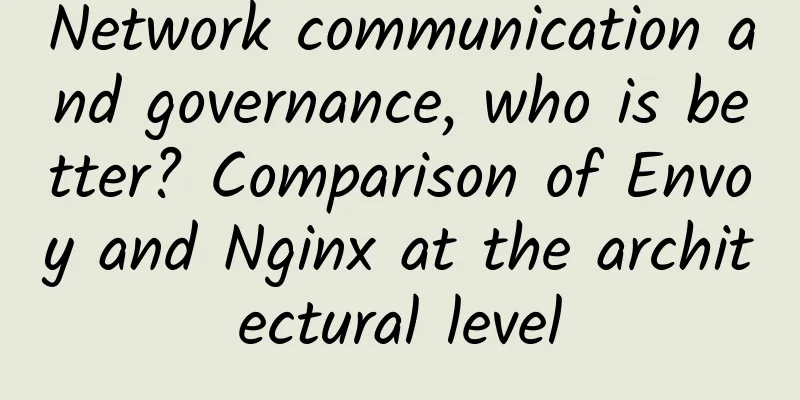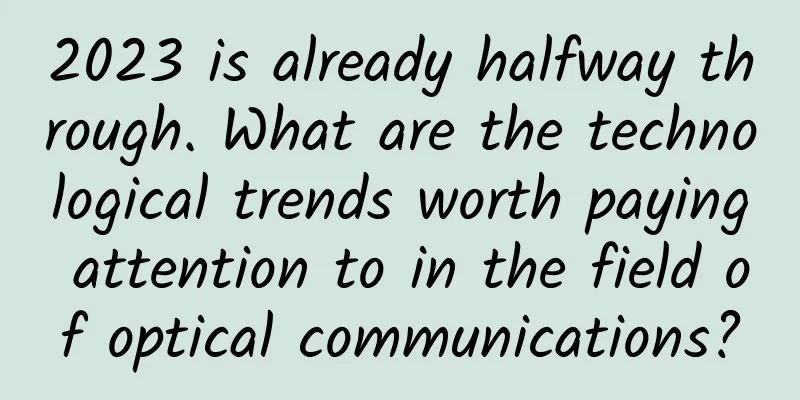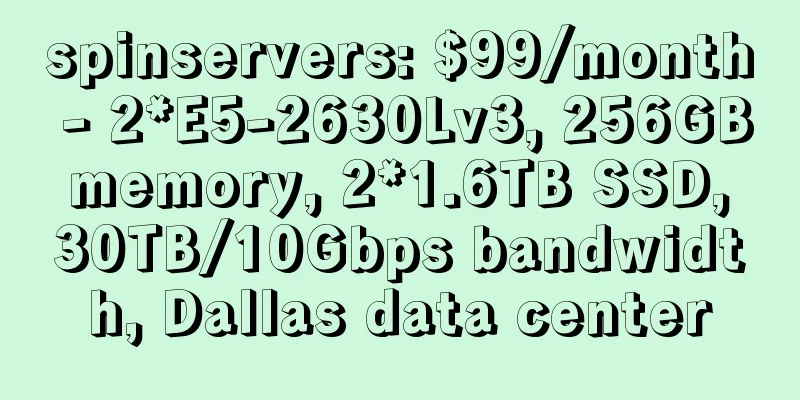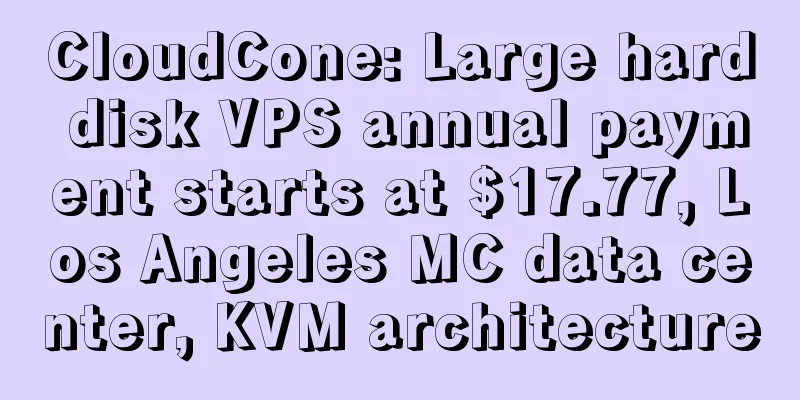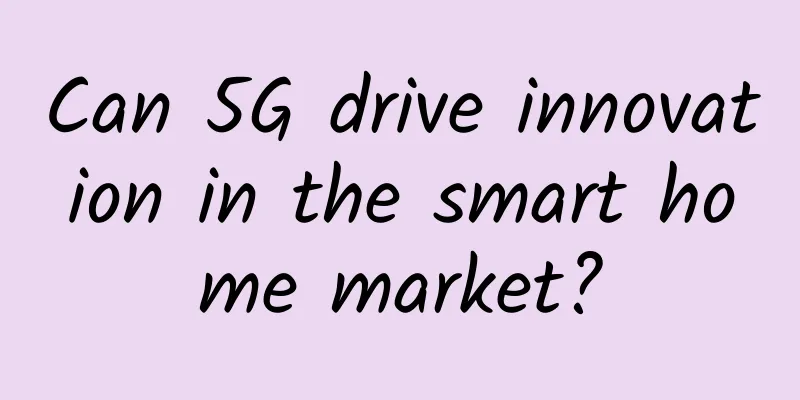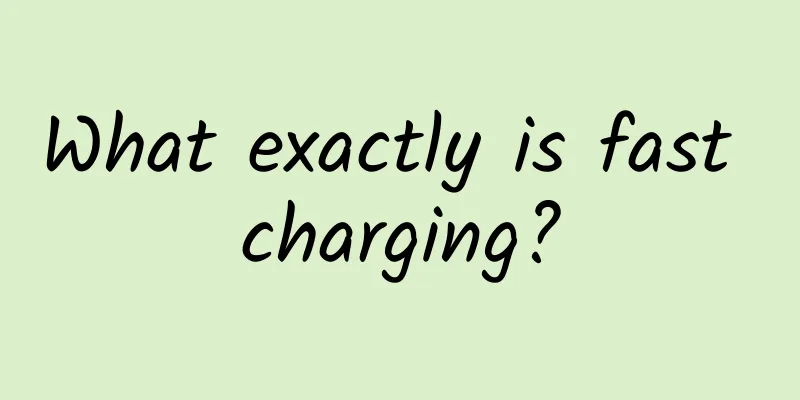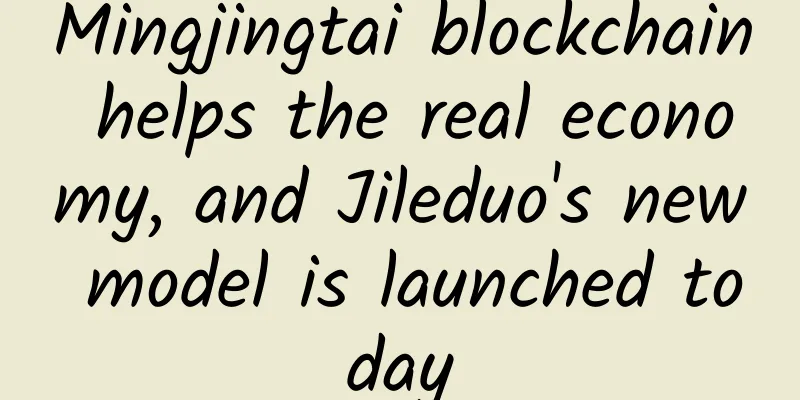What is blockchain and what impact does it have on data centers and cloud computing?
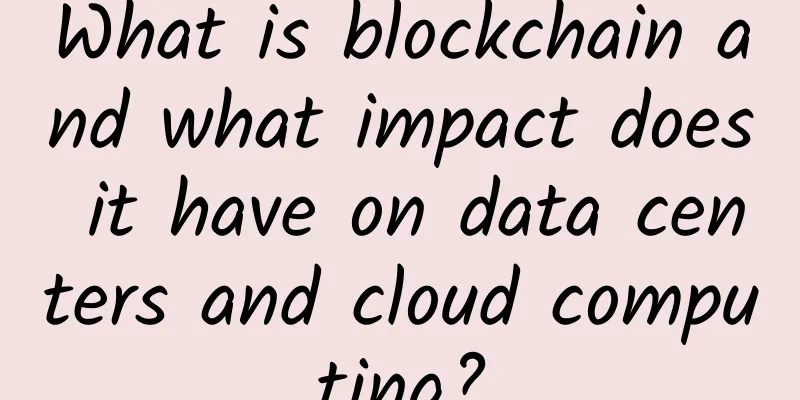
|
Today, more and more applications are causing the amount of data to continue to increase, and enterprises need to respond and act faster. Centralized processing structures and human intervention are increasingly becoming obstacles to the delivery of new applications and end-user capabilities. As distributed data center networks emerge, and their boundaries get closer and closer to the end users they serve, the structure and functionality of databases are evolving. The security of their data is obviously becoming a major concern, and blockchain is a potential way to maintain the integrity of stored data. Definition of blockchain At its most basic level, blockchain solves the problem of lack of trust between counterparties. Often referred to as a “data operating system,” blockchain is a concept rather than a technology. Rather than a centralized structure where all information is kept in a few large databases, blockchain is a distributed database used in public and private applications. In this structure, each batch of valid transaction data is stored in its own "block". Each block is linked to the one before it and continues to grow as new blocks of information are added. Due to its distributed nature, blockchain is not subject to single points of failure or intrusion, providing greater security than many existing database-driven transaction structures. How blockchain works The blockchain structure operates based on five specific elements:
Since data is stored across the network, blockchain eliminates the risks inherent in centralized data configurations (i.e. data loss, corruption, and theft). For example, since blockchain networks have no central point of vulnerability, it would be much more difficult for hackers to identify a major entry point that could be exploited for further attacks. Each node in the distributed network has its own copy of the blockchain, the quality of which is maintained through massive database replication, and no one node is more "trusted" than any other. Blockchain in the Data Center From a data center perspective, blockchain’s smart contract capabilities appear suitable for automating “rules-based” operational and management functions, including:
Blockchain applications in the cloud Many blockchain proponents believe that its mode of operation is best suited to the cloud. The idea behind this proposition is that while cloud computing is inherently distributed and fault-tolerant, it still uses a centralized approach to operation, with a central entity responsible for cloud computing. The decentralized nature of blockchain will provide more autonomous operation and a higher level of data security, as multiple databases are established throughout the cloud "network." One limitation of blockchain-based clouds is that, through decentralization, greater security is required to control inter-node communication, requiring the use of highly secure transport protocols. These protocols will then increase the demand for physical and computing resources, which may make blockchain transactions more expensive than today's cloud-based operations. Blockchain development is a relatively new approach, and its development seems to offer the potential for the development and implementation of security, both from a public and private cloud perspective, for applications based on verifiable transactions. The value of its core advantages has begun to be accepted by financial institutions, with some large banks conducting their own pilot projects. Regarding its impact on data centers and cloud computing, despite its potential to provide a decentralized environment and automate various data center functions, these capabilities remain largely speculative. In the near future, users seeking to develop and implement their own blockchain applications appear to fall within the purview of the major cloud providers. Blockchain is still in the early stages of development, and this method of application development will have an extended maturation process. |
<<: 5 Essential Predictions for Blockchain Trends in 2018
>>: About edge computing: Is it right for your business?
Recommend
Optimizing application performance is not a one-size-fits-all approach, business relevance is the key
Is your business operation dependent on an applic...
CloudCone: Los Angeles VPS from $1.80/month, Cloud Server (SC2) from $1.65/month
CloudCone hasn't had a flash sale for a long ...
Rethinking the future of 5G through the lens of extended reality (XR)
5G technology is developing globally, and Singapo...
How to set IP addresses for network monitoring projects with more than 254 points?
Many friends have asked, how to set the IP addres...
What is a patch panel and what is it used for?
Patch panels are important network components tha...
Using light bulbs to surf the Internet? Speed of 100Gbps? Is the much-anticipated Li-Fi really that great?
I have told you before that our current wireless ...
[Closed] NextArray: $1.09/month KVM-1GB/10GB/1TB/Dallas Data Center
[Closed] NextArray is a foreign hosting company fo...
How data centers work today and in the future
The data center of the future will rely on cloud ...
Ruijie Networks releases simplified Ethernet all-optical 3.X solution, Ethernet color optical leads the innovation of campus all-optical network
On the afternoon of April 25, Ruijie Networks hel...
Kvmla Japan Tokyo Softbank VPS promotion 20% off, top up 500 yuan and get 100 yuan
Kvmla, a long-established Chinese VPS hosting com...
10gbiz New Year Promotion: Hong Kong/Los Angeles CN2 GIA line VPS 40% off $2.75/month, Bare Metal Server 58% off
10g.biz has launched its 2022 New Year event. In ...
QinQ basics, VLAN double-layer TAG, learn in one minute
1. Introduction to QinQ The VLAN ID field defined...
my country's 5G terminal connections exceed 200 million and will conduct 6G vision research
2019 was the first year of 5G commercialization i...
Xiezhong's progress is remarkable丨2019 H3C Automotive Industry CIO Forum accelerates smart upgrades across the board
After years of sustained rapid growth, my country...
Kvmla: VPS 50% off 2G memory package monthly payment starting from 37 yuan, top up 500 yuan and get 100 yuan, Singapore/Japan dedicated server 25% off
Kvmla is a Chinese hosting company founded in 201...
